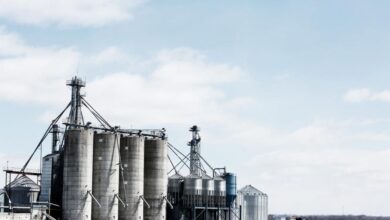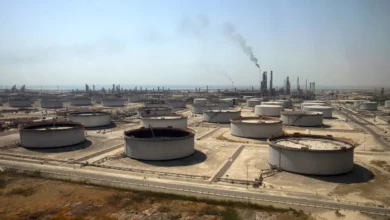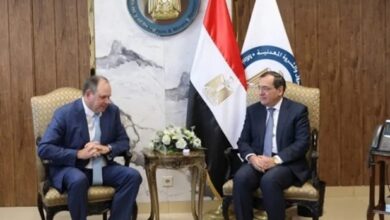Gas shortages in Cairo and several Egyptian governorates continued Monday despite repeated government statements denying the crisis, saying that large amounts of fuel have been pumped into gas stations and distribution controls have been tightened.
Hundreds of vehicles lined up at gas stations in several governorates, sometimes leading to traffic jams. People selling gas on the black market took advantage of the situation by raising gas prices.
Clashes erupted between microbus drivers and gas station owners at several gas stations in Minya al-Qamh and Bilbeis townships in Sharqiya Governorate, eyewitnesses said, because drivers didn't believe the gas stations had no gas.
Sharqiya residents standing outside the gas stations demanded that the Industry and Trade Ministry, along with military and police forces, tighten controls over gas stations to prevent smuggling of subsidized gasoline for sale on the black market and to toughen penalties for violators.
Taxi drivers in some areas of Sharqiya also took advantage of the crisis by raising cab fares by up to 30 percent.
Gas station owners attributed the problem to a lack of sufficient amounts of gas reaching stations on a regular basis and increased demand, particularly from car owners who fill up additional gas cans as reserves.
The problem was particularly evident in 6th of October City in Giza Governorate, where long lines of cars in front of gas stations obstructed traffic.
In the townships of Badrasheen, Ayat, Hawamdia, Kerdasa and Osim, clashes broke out between drivers trying to fill their vehicles with gas. At least four people were injured as drivers tried to get their cars into the gas stations before other cars.
Other governorates, including Minya, Fayoum, Beheira and Alexandria, have had similar problems since Sunday morning.
A number of similar crises related to gas and gas cylinder shortages have affected the country over the past year. The government has blamed such crises on black market operators who fabricate such crises to raise the prices of subsidized products.
In a statement to Al-Masry Al-Youm on Monday, Petroleum Minister Abdullah Ghorab denied any shortages in the production of petroleum products. He attributed the crisis to a "real problem in market trading that is currently characterized by being undisciplined and not subject to adequate controls to put an end to this phenomenon."
He said the recorded supply of petroleum products on Sunday increased to an unprecedented amount of 15,200 tons of gasoline and 37,500 tons of diesel fuel to meet the increased demand.
Ghorab called on people to prevent a crisis by not filling up on gas unless necessary.
The budget set for energy subsidies by the new government amounts to LE95 billion. However, some demand that energy subsidies be cut, especially because they go to undeserving parties in some cases.
Translated from Al-Masry Al-Youm



